General Questions
What is plant-based?
Plant-based refers to food that is free from animal products, meaning our meals have no meat, dairy, eggs, or honey. Our meals are suitable for vegans, vegetarians, and anyone looking to eat more plants!
How does your menu work?
Most meals are on a 4 week rotation, and some are on an 8 week rotation. Each week we have a variety of complete meals, as well as soups, salads, wraps, breakfasts, and desserts.
Do I need to order ahead of time?
We generally stock our fridges twice a week with fresh food for those who prefer to shop in store, but we recommend pre-ordering online if there are specific items you are looking for. Feel free to call the store for information on day to day stock.
How does the Weekly Subscription work?
Weekly subscriptions start at $20 a week. Meal prices are discounted from the in-store and A la Carte pricing. There are additional volume discounts at $70 and $100. When signed up for a Weekly Subscription, if you do not make selections before the deadline each week, we will fill your cart based on your previous selections and charge your card. There are no fees associated with the subscription and you can skip, cancel, or pause at any time.
How does A la Carte ordering work?
A la Carte ordering starts at $20 a week. There are volume discounts at $70 and $100. This is the best option for those wanting to try Nature's Plate out, or for those who order infrequently.
When is the deadline to pre-order?
If you are ordering for Sunday, the deadline is the previous Thursday at 7PM. If you are ordering for Wednesday, the deadline is the previous Monday at 7AM.
What is your cancellation policy?
If you place an order-weekly subscription or a la carte-you may cancel for a full refund or store credit up until the deadline. If the deadline has passed, we can still offer a full store credit for that order.
Meal Questions
What is the difference between the Core Menu and the Homestyle Menu?
The Core Menu has the type of meals Nature's Plate was founded on: whole food plant-based meals with a focus on minimal oil and low sodium. The Homestyle Menu is still health conscious and nutrition forward, but allows for a slightly higher amount of oil and sodium, and focuses on familiar flavors and textures for those new to a plant-based diet.
How long does the food last in the fridge? What about the freezer?
Most meals last 7 days in the fridge from the day it was made. The date on the meal is the sell-by date. They generally last up to 3 months in the freezer.
Do you cook with seed oils?
We do not cook with seed oils in our kitchen and only use olive oil and coconut oil. However, there are a few items-the whole wheat tortillas in our wraps and the corn chips in our Frito Pie-that contain soybean oil or vegetable oil.
Do you ever use mass-market vegan proteins in your meals?
We are proud to say we make everything from scratch in our kitchen. All proteins are our own recipes and made from plants.
Are your gluten free items certified gluten free?
Our staff is highly knowledgable about cross contamination and uses proper food safety procedures. We also use certified gluten free ingredients when available and necessary. However, our kitchen is not a dedicated gluten free space and our gluten free items carry an airborne risk of cross contamination.
Delivery Questions
How do I get my pre-ordered food?
We deliver to most areas in the Dallas metroplex on Wednesdays and Sundays. Delivery fee is between $5 and $15. We offer free pickup at our Lake Highlands location.
What if I won't be home during my delivery time?
We recommend placing a cooler or insulated bag outside with ice if you are unable to be home during your delivery window.
Are you on any delivery apps like Doordash or Uber Eats?
We are not currently on any same day delivery apps due to our business model. We are on Too Good To Go where you can get near expiring food for a fraction of the price!
Am I in your delivery range? Can I be?
Our delivery range is done by zip code. You can test it by putting your address in at naturesplate.bottle.com. If no options for delivery pop up, you are out of range. If you think this is a mistake and your zip code should be included, or if you would like to request we expand our range, please send us a message.

